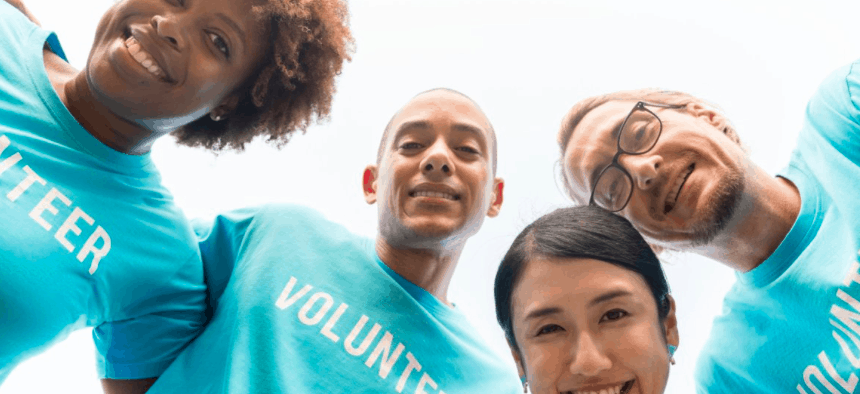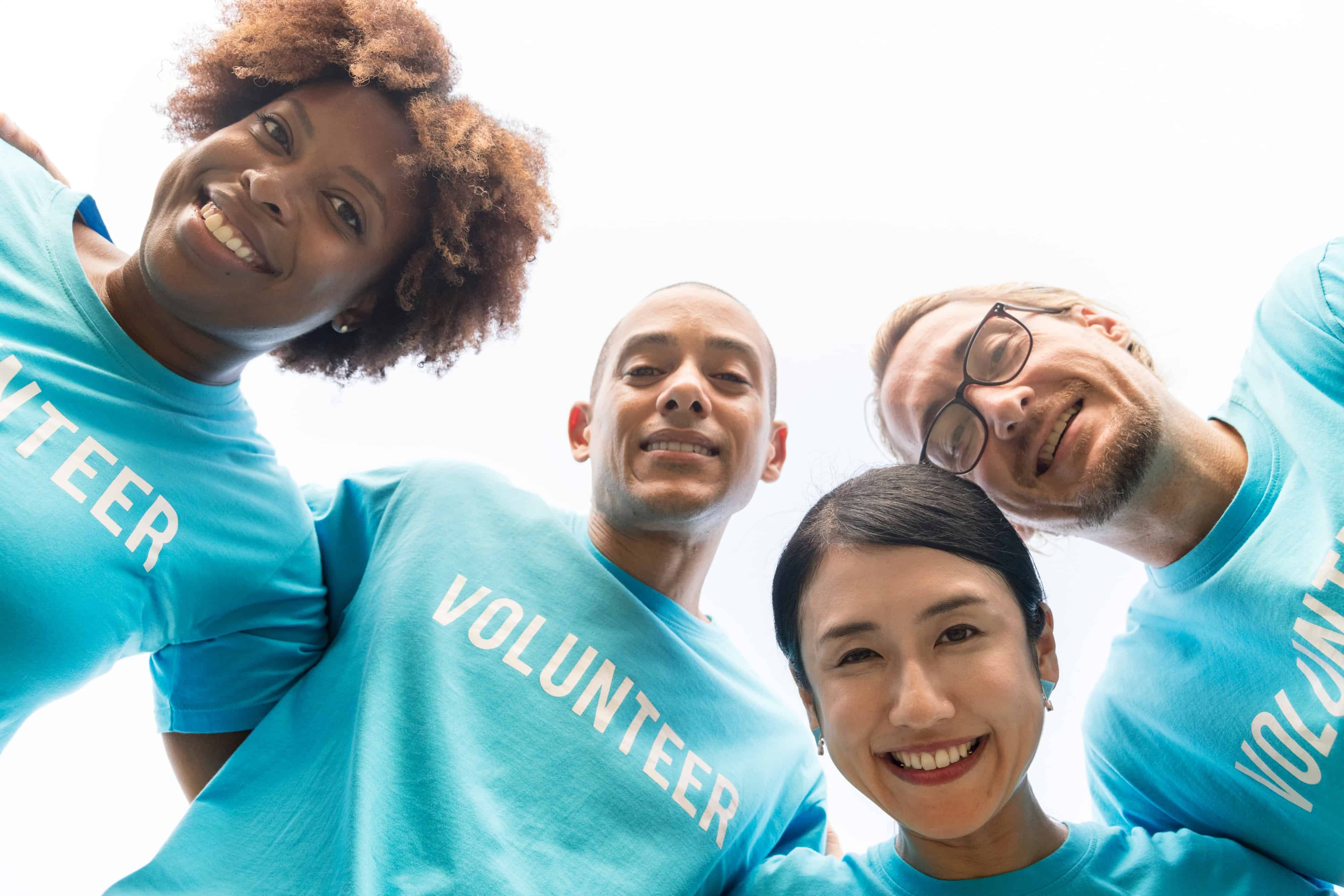
Happiness is deeply rooted in your social relationships
Countless studies point to relationships as the main factor of personal happiness. Harvard psychiatrist Dr. Robert Waldinger is the current director of the longest study of human health and happiness (a 75-year project). His main takeaway: “Good relationships keep us happier and healthier. Period.”
Think About It:
Think of your happiest memory. Were people involved? My guess would be that your happiest memories include fun and engaging experiences with family and friends.
Now, think of your darkest memory. I bet those memories are filled with feelings of rejection, isolation or loneliness. This is completely normal and something we can all relate to.
Social Media’s Involvement In Personal Relationships:
Social media has lots of benefits and has allowed us to communicate with friends and family in ways that were not possible 15 years ago. So, you might expect for digital connection to make us happier. However, this doesn’t seem to be the case. Overall societal happiness in the U.S. hasn’t improved in the past 15 years. In fact, levels of depression, anxiety and suicide are increases among teens and young adults.
How could this be?
Social comparison. Comparing yourself to others is natural. However, social media enables us to compare ourselves to thousands of people. We constantly see what others have and we are left wanting, but we aren’t just seeing the average person on social media. Our news feeds are flooded with images of models, actresses and pop princesses. The Kim Kardashians of the world. Thus, the “social comparison bar” has raised with the introduction of social media. Research indicates that more time spent on social media is correlated with greater levels of depression.
Social rejection. We like to be liked by others. In fact, it has always been in our bet interest to be liked by others. As nice as it feels to be liked, it feels awful not to be liked. Rejection brings about emotional and physical pain (research has found that social rejection activates the same area of the brain as physical pain). Social media provides many more opportunities for us to experience social rejection. We all face social rejection when a post doesn’t get as many likes as expected or when we get unfollowed/unfriended.
Displaced relationships. Naturally,we are intended to form in-person relationships. First and foremost, these real life relationships develop deep-rooted connection and meet our basic psychological needs. Yes, our screens can be great, but when they start to replace our in-person connections, we pay a price. We may experienced more stress, anxiety and depression.
What Can You Do?
Hit the pause button on your screens regularly. Then, you will be reminded of where the key to happiness lies: in each other.

